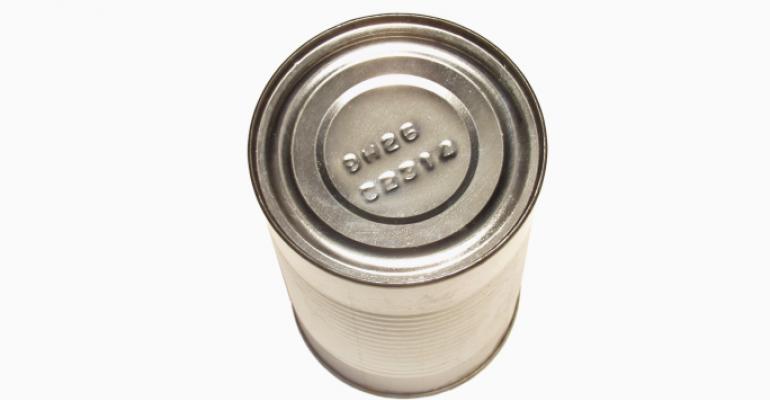The Food and Drug Administration had to know that releasing its decision on bisphenol-A at the end of the day, on a Friday, would invite only criticism and a host of cynical comments.
Well, they were right. Facing a court-imposed deadline, the FDA announced it was not ready to issue a ban on the chemical, and instead "has determined, as a matter of science and regulatory policy, that the best course of action at this time is to continue our review and study of emerging data on BPA."
 The agency made its announcement “late Friday afternoon, on the eve of its legal deadline and at probably the best possible time to avoid media scrutiny,” fumed the Breast Cancer Fund.
The agency made its announcement “late Friday afternoon, on the eve of its legal deadline and at probably the best possible time to avoid media scrutiny,” fumed the Breast Cancer Fund.
“BPA is a toxic chemical that has no place in our food supply,” stated the National Resources Defense Council, the lead group campaigning for the BPA ban. It was the NRDC’s 2008 petition that was the subject of the court-ordered mandate. “We believe FDA made the wrong call.”
Perhaps the pithiest response came from the Environmental Working Group: "The next decision the FDA should make is to remove 'responsible for protecting the public health' from its mission statement. It's false advertising.”
BPA has been implicated in a number of health conditions, ranging from asthma to hormonal imbalances. In the young, it is suspected of impeding brain development.
An FDA spokesman stressed that Friday’s announcement should not be viewed as a final determination on the safety of BPA, but a decision based solely on the merits of the NRDC petition.
"I cannot stress enough that this is not a final safety determination on BPA," FDA spokesman Douglas Karas is quoted as saying.
Other countries have implemented at least partial bans (baby bottles in the European Union, for instance), but all the actions taken in the U.S. to date have been entirely voluntary. Canada declared BPA a “toxic substance” in 2010.
With another delay inevitable while the FDA continues to "study” the problem, it’s a perfect opportunity for supermarket retailers to address the topic with both their regular and private label vendors. Based on the comments above, consumers may not be willing to wait.



